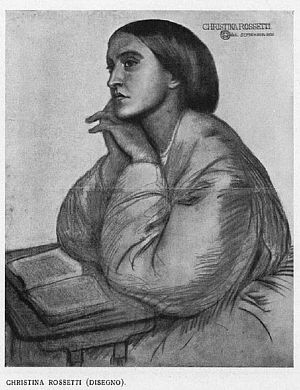
The Balance of all Evils
The biggest irony in life is probably that humanity is partly noble, and partly corrupt. Its this duality that allows us to tow the fine line of morality and personal gain – but it is also the same vulnerability that allows us to forgive and understand.
The Road to Mecca examines all that is socially wrong in South Africa: the racial segregation and degradation of the coloured community from the whites; the sexist views on a woman’s role and the failure of a woman in being single and independent; the evils of poverty; the evils and consequences of alcoholism and adultery; the nature of physically and emotionally abusive relationships; the misuse of religion to coerce people to conform to its rules and edicts; the oppression caused by small mindedness and other people’s expectations of how one is to behave; the feeling of apprehension that accompanies old age. This thin little play, that has only three characters, has so much of despair and hopelessness in it that once finished, I closed the book and cried – sobbed and howled more like it.
Although set in the Apartheid period in South Africa, its still so apt. I personally know people who still are going through the same tribulations as described in the play during the discussion between the characters of people in the New Bethesda community. The play centres around a young lady who visits an elderly lady she had previously befriended in a small, closed minded, Christian village. Both of them are in low points in their lives – the young lady who just ended an affair with a married man with the abortion of their child, and the elderly lady reaching a point in her life where she is loosing her capacity to be inspired and create her artwork which is largely shunned by her bigoted community. During the visit, their discussions highlight many social injustices and sorrows that people (across ages, races and sex) face in a South African context. All though some revolve around things that inevitable, such as poverty and becoming decrepit, many social evils (such as racism, sexism, human pride and arrogance, small mindedness, being religiously overzealous and over bearing, etc.) are represented by the local pastor who tries to convince the elderly lady to stop her ungodly artwork and to move to an old age home.
Throughout the play, the reader is pitted against him. You see him as the root, or rather as a prime example of the cause to both ladies sorrow. It is only after you close the book and reflect upon it, do you realise that the saddest part of the book is that though he causes and instigates a lot of problems, his motive is that he sincerely believes that he is helping them. And then you think – a lot of human misery and suffering is caused by us – to us. The arrogance of thinking we know better is a flaw in our human character.

